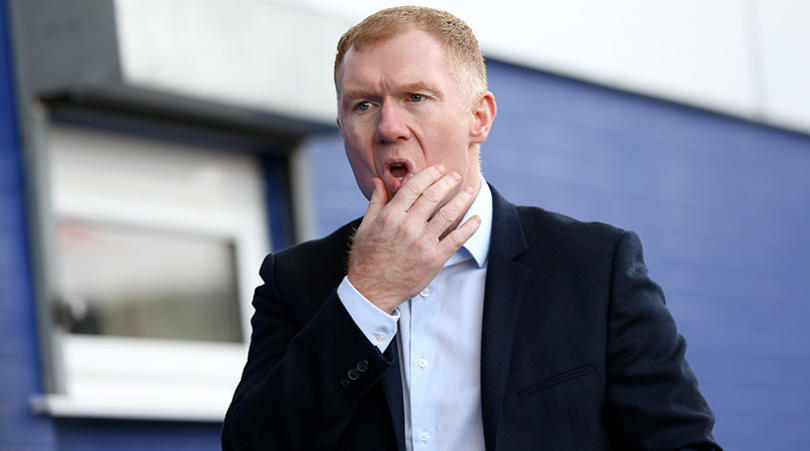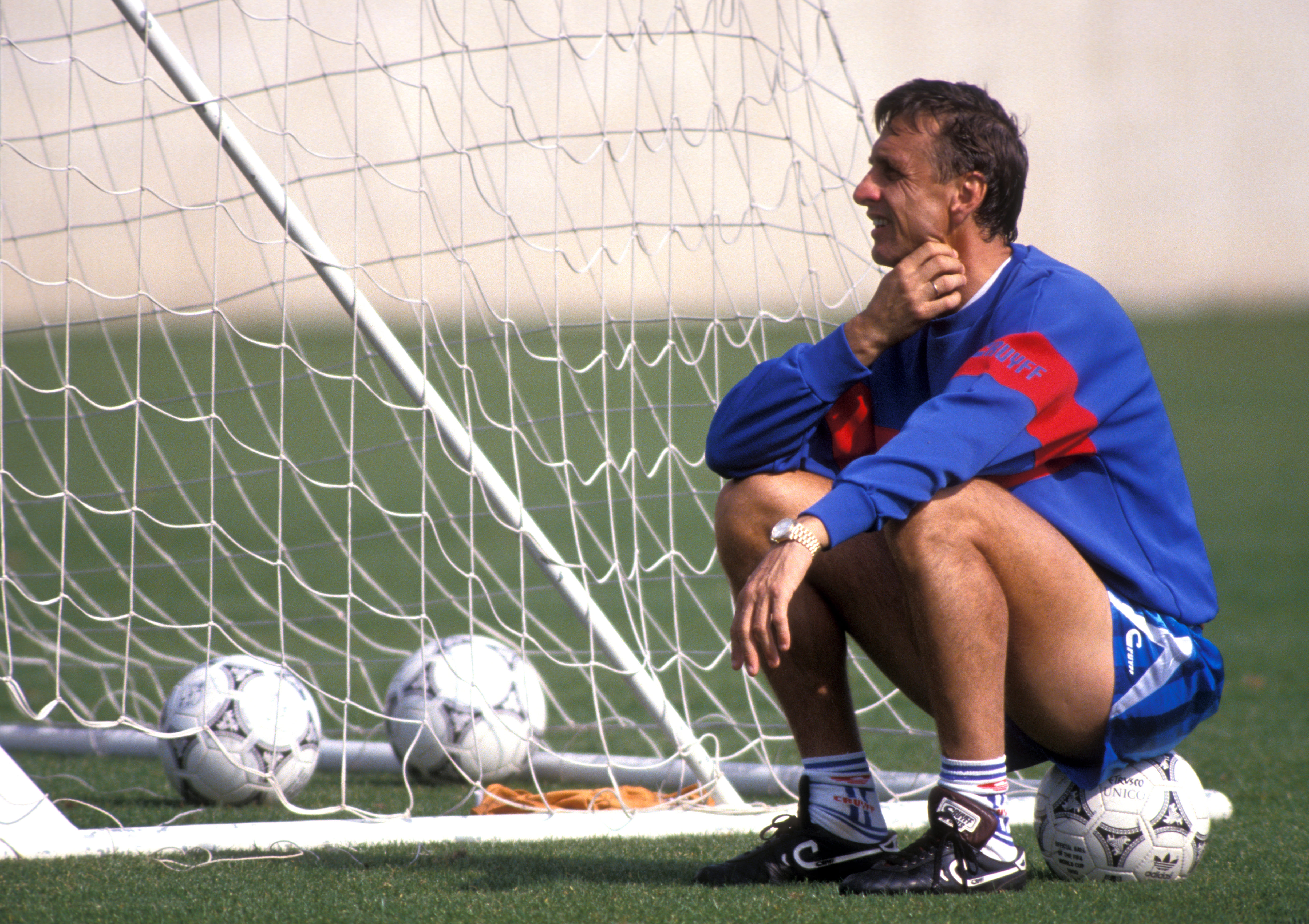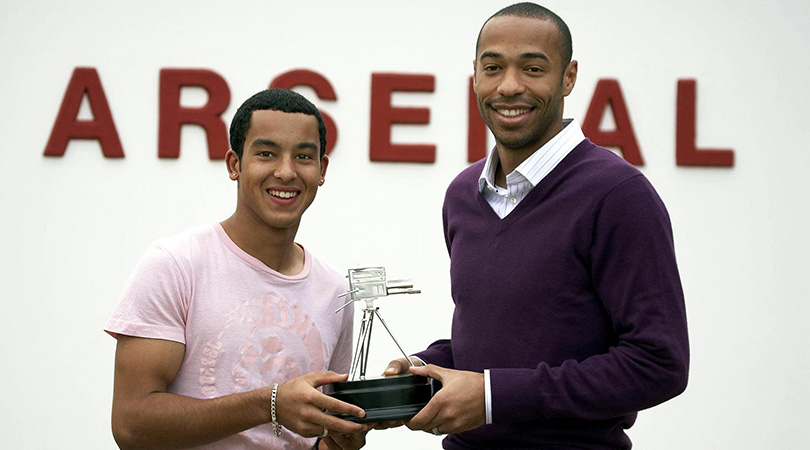
Here are some fun facts: Halle Berry is older than Boris Becker. Pharrell Williams was born before Paul Scholes. And Paul Rudd – get this – is a full six weeks older than Jacob Rees-Mogg.
To this list of mildly curious trivia we can add the fact that Theo Walcott, England’s eternal emblem of potential, is the same age as Gareth Bale, three-time Champions League winner and all-round globetrotting medal-hoarder. It's a fact that manages to seem weird in two different ways: Walcott has achieved a whole lot less than Bale, and yet seems to have been around for an entire eternity longer.
Yet the two started roughly in tandem. Both were gifted sprinters in their school days (Walcott’s 10.6 seconds 100m time edging Bale’s 11.4 seconds), and both were young prodigies at Southampton before kickstarting their careers with big moves to north London. Both have amassed similar appearances figures in the years since, Bale 471 club games to Walcott’s 464. And both are turning 30, Bale this summer.
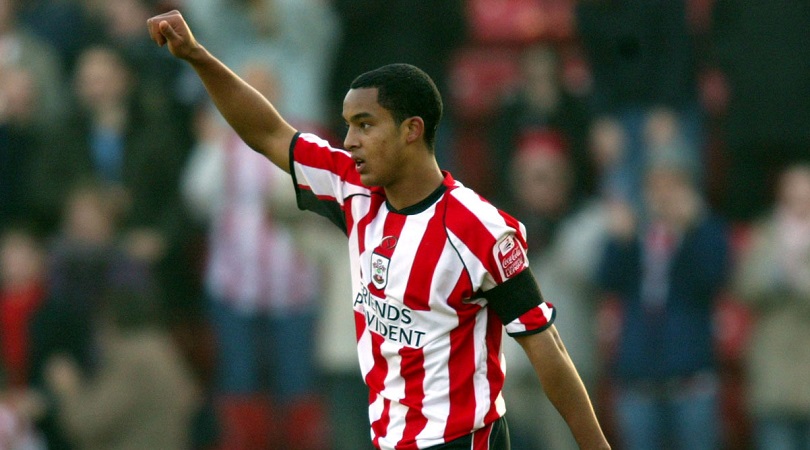
And yet that’s about where the similarities end. Because while Walcott’s career feels like one of perpetually unfulfilled promise, Bale’s – for all his current troubles – has been a one of fully realised dreams.
False start
That there was in fact only six months between their respective Saints debuts speaks, in hindsight, to a pair of careers that have since moved at utterly different paces: Walcott inching along a 14-year path to the Goodison Park fringes via the scenic route of late-Wenger-era Arsenal, Bale electrifying the other side of north London before skyrocketing into gleaming galactico-dom.
And yet it was Walcott who got off to by far the quicker start, whisked off to the World Cup at 17 and scoring a hat-trick for England two years later. A full 18 months after that, Bale was still kicking his heels on the Spurs fringes while his manager – the same one who gave Walcott his Southampton debut – tried to pack him off on loan to Nottingham Forest.
The best features, fun and footballing quizzes, straight to your inbox every week.
Undoubtedly this is all incredibly harsh on Walcott, a perfectly serviceable forward who was stitched from the start by the rash decisions of others and is hardly alone in comparing unfavourably to one of Britain’s greatest ever sporting exports. But it does leave you wondering what lies ahead for a player who, entering the autumn of his career, retains an almost mystical ability to leave a football match utterly unaffected by his presence.
Certainly Walcott has been done few favours by the way his sport has changed over the course of his career. When he played his first game for Arsenal, he did so in an English top flight where Ben Thatcher and Chris Morgan were still playing regularly, so too James Beattie, Mido and Mark Viduka. In other words, finely tuned athleticism was still a serious advantage for a Premier League footballer rather than the blanket prerequsite it would soon become.
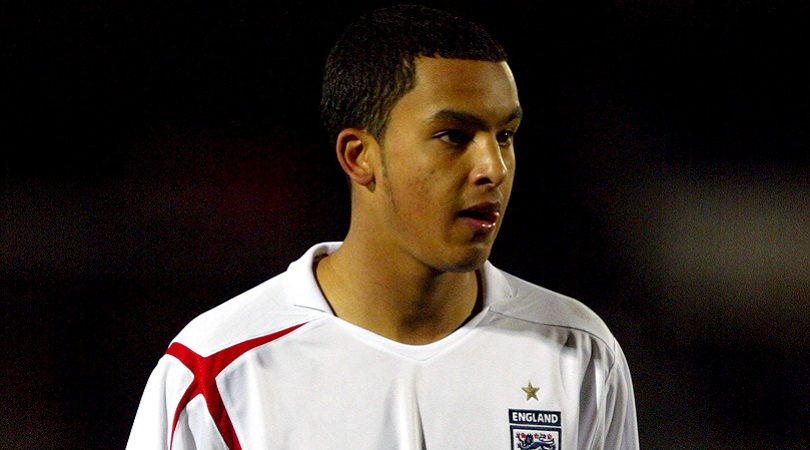
And he proved as much in each of his first two Arsenal games, zooming into space down the flank to cross for a team-mate to tap in, and again when he hared clear of a Chelsea defence to score his first Arsenal goal. That giddying hat-trick in Zagreb for England was more of the same.
Changing requirements
In this sense, the eternal debate over Walcott’s position – winger or a centre-forward? – has always been a bit of a red herring: most fundamentally, he was an attacker who escaped opponents by outpacing them. And his downfall has not been a failure to decide on one position or the other but a failure to broaden his repertoire in a sport where that ability alone was suddenly not enough.
Walcott might have spent his teen-prodigy years dashing clear of lumbering defenders but he came of age in a league where – with Jose Mourinho’s imperious Chelsea side popularising the lone-striker system – frontmen now had to be all-rounders: athlete, finisher, link-man and broad-shouldered battering ram. It’s no coincidence that the same period saw the sudden demise of another of England’s former speed-freak striking prodigies in Michael Owen and the retirement of the final generation of poacher figures in Raul, Ruud van Nistelrooy and Pippo Inzaghi.
Wingers too were subject to similarly fast-changing demands, no longer the beat-him-and-cross shuttle-runners of the 4-4-2 era but instead expected to attack on the diagonal, partake in smart interplay and – most dauntingly for Walcott – switch from one flank to the other at will.

Factor in the minor issue that Walcott’s arrival at Arsenal coincided perfectly with his manager’s empire beginning to crumble, his time there inescapably attached to ideas of stagnation and decay, and it all adds up to a career that, for all its occasional bursts of excitement, was perhaps always destined to fall short of our grand early expectations.
Miscast youngster
Mainly, though, it’s those expectations that were the problem. Sure, he was very good as a 16-year-old, but what truly excited us was not so much Walcott himself as the idea of Walcott: a youngster so promising he made Arsene Wenger hand over a seven-figure sum, an attacker so fearsome he got picked for England at 17, a character so bold as to claim Thierry Henry’s old jersey. For a while, it was entirely possible to get feverishly excited about Walcott without ever having witnessed him kick a ball. And many of us did, up to and including the England management team.
In that sense, those absurd few weeks in 2006 were the perfect prologue to Walcott's career. When Sven-Goran Erikssen picked the ruddy-cheeked teenager for his World Cup squad despite the small matter of never having seen him play, we like Sven were instantly intoxicated by dreamy notions of searing pace, of youthful fearlessness, of blindsiding the world's elite with an audacious wildcard.
But as Spinal Tap’s frontman said: "Such a fine line between stupid and clever." Fantasy is all well and good, but sooner or later reality tends to intervene. And duly enough, Sven did eventually see Walcott train and promptly decided that the best course of action was to not let him anywhere near a meaningful game of football all summer. And so the tone was set: an exhilarating early buzz followed by a banal and lingering underwhelmedness.
It was a two-week lesson in the limitlessness of the imagination compared to the limits of cold, hard reality. A decade-and-a-half later, perhaps the cold, hard reality for Walcott is that his potential was never really that huge after all.
 Join The Club
Join The Club





